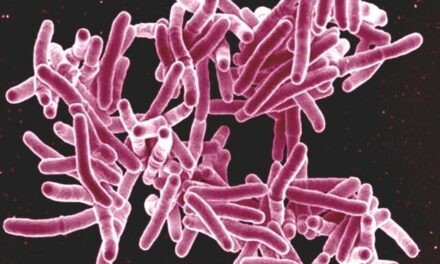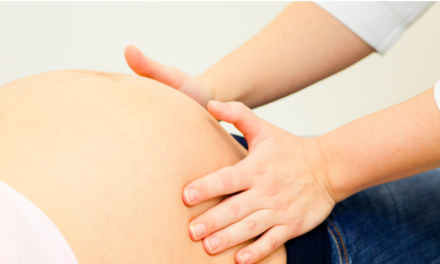Experts emphasized the importance of adequate calcium and vitamin D intake during pregnancy for maintaining good bone health in women during and after childbirth.
Pregnancy brings significant physiological changes, many of which impact bone health. “Estrogen, which helps maintain bone density, reduces significantly during pregnancy, leading to increased bone resorption,” explained Sandhya Rani, Senior Consultant in Obstetrics & Gynecology at Aster Women and Children Hospital, Bengaluru. “This involves breaking down old bones to release calcium needed by the growing baby. Vitamin D deficiency and anemia further exacerbate bone loss, and these must be managed both pre-pregnancy and during pregnancy.”
Insufficient levels of calcium and vitamin D can lead to pregnancy-associated osteoporosis, a rare condition where women may experience bone fractures during birth or within eight to twelve weeks postpartum.
Vinay Kumar Gautam, Consultant in Orthopaedics at Manipal Hospital, Kharadi, Pune, stressed the heightened need for calcium during pregnancy. “Pregnancy is a highly metabolic state due to hormonal imbalances, particularly involving progesterone. Both mother and baby require more calcium,” he stated. “To prevent osteoporosis, it’s essential to ensure adequate calcium intake, and if necessary, supplement with vitamin D3.”
The postpartum period also poses challenges for bone health. “Estrogen levels decrease even further after childbirth,” Sandhya noted. “The spine, hips, and wrists are the most affected parts of the skeletal system, experiencing more intensive bone mass loss. There is typically a rapid decline in bone density for about six months following childbirth, especially among breastfeeding mothers.”
However, most women regain normal bone density within 12 months post-delivery. “Calcium requirements increase due to breastfeeding, which can accelerate skeletal resorption. To maintain bone health, a balanced diet, regular exercise, and appropriate supplements are crucial,” Sandhya concluded.
This advice highlights the need for women to monitor and manage their calcium and vitamin D levels closely during and after pregnancy to ensure long-term bone health.












